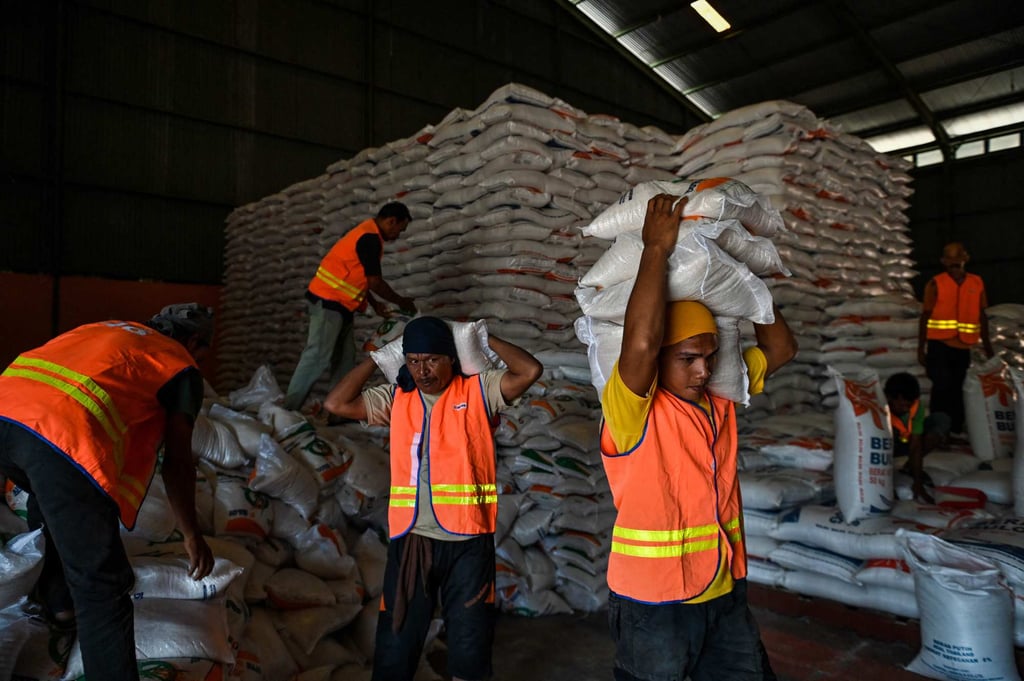As I see it | Will Asean prioritise food security or succumb to protectionist measures?
- Food security has been a key area of cooperation among Asean members since 2009, covering everything from sustainability plans for priority crops to resource-sharing
- But many nations within the bloc turned to food protectionism in the early stages of the Ukraine war, raising the question of how effectively Asean can implement its plans

It is not the first time the Southeast Asian diplomatic bloc has made such commitments.
Food security was established as a key area of cooperation among Asean members as far back as 2009, when they launched the Strategic Plans of Action on Food Security, a five-year road map that has since been extended twice.
The Asean Integrated Food Security framework was also launched in parallel, with the aim of ensuring long-term food security and improving the livelihoods of farmers in Asean member states.
The plans and framework were discussed in-depth and well formulated by diplomats and senior civil servants representing their respective nations, covering everything from national and regional investment and sustainability plans for priority crops, livestock and fisheries to sharing resources and promoting increased multilateral cooperation and coordination.
But it all boils down to implementation.

